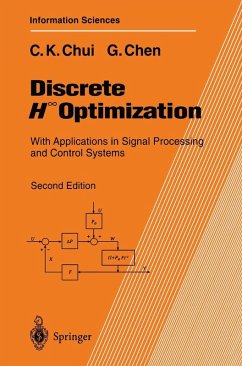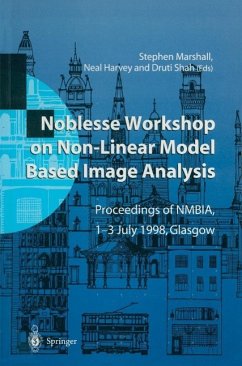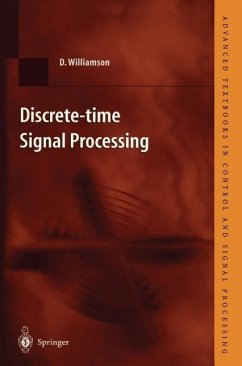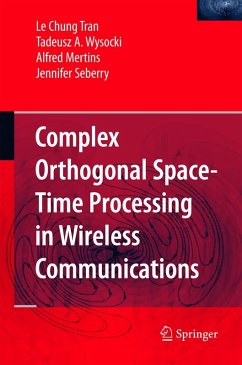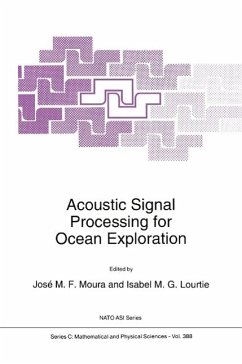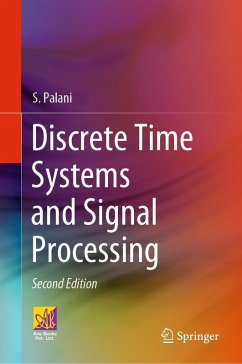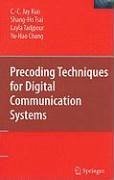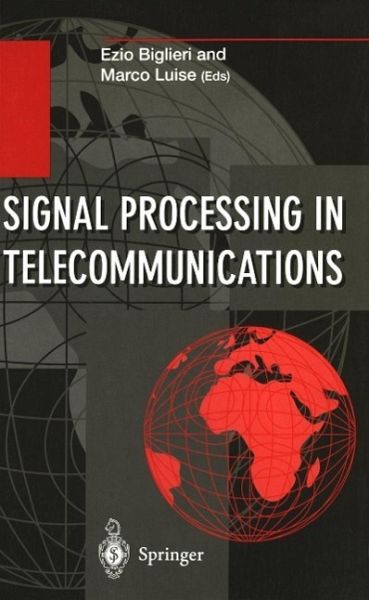
Signal Processing in Telecommunications (eBook, PDF)
Proceedings of the 7th International Thyrrhenian Workshop on Digital Communications Viareggio, Italy, September 10 - 14, 1995
Redaktion: Biglieri, Ezio; Luise, Marco
Versandkostenfrei!
Sofort per Download lieferbar
72,95 €
inkl. MwSt.
Weitere Ausgaben:

PAYBACK Punkte
36 °P sammeln!
It is probably an overstatement to say that the discipline of telecommunication systems is becoming an application of digital signal processing (DSP). However, there is no doubt that by the mid-I980s integrated circuit technology has advanced to such an extent that revolutionary advances in telecommunications are fostered by the introduction of new and poweiful DSP algorithms. Actually, DSP has been recently playing a major role in the development of telecommuni cations systems: to name just one of the most widespread applications where this interaction has been most effective, we may mention ...
It is probably an overstatement to say that the discipline of telecommunication systems is becoming an application of digital signal processing (DSP). However, there is no doubt that by the mid-I980s integrated circuit technology has advanced to such an extent that revolutionary advances in telecommunications are fostered by the introduction of new and poweiful DSP algorithms. Actually, DSP has been recently playing a major role in the development of telecommuni cations systems: to name just one of the most widespread applications where this interaction has been most effective, we may mention the use of intelligent DSP to improve the peiformance of transmission systems by allowing sophisticated algorithm to be implemented in radio transmitters and receivers for personal communications. Other areas have equally benefited by the latest advances of DSP: speech coding and synthesis, speech recognition and enhancement, radar, sonar, digital audio, and remote sensing, just to cite afew. With this in mind, when choosing the topic for the 7th Tyrrhenian Workshop on Digital Communications, whose contributions are collected in this book, we aimed at focusing on the state of the art and the perspectives of the interaction between DSP and telecommunications, two disciplines that are becoming increasingly intertwined. Although by no means exhaustive of all the applications of DSP to telecommu nications, we believe that the material presented in this book pinpoints the most interesting among them, and hence it will be considered as a useful tool for investigating this complex and highly challenging field.
Dieser Download kann aus rechtlichen Gründen nur mit Rechnungsadresse in A, B, BG, CY, CZ, D, DK, EW, E, FIN, F, GR, HR, H, IRL, I, LT, L, LR, M, NL, PL, P, R, S, SLO, SK ausgeliefert werden.



